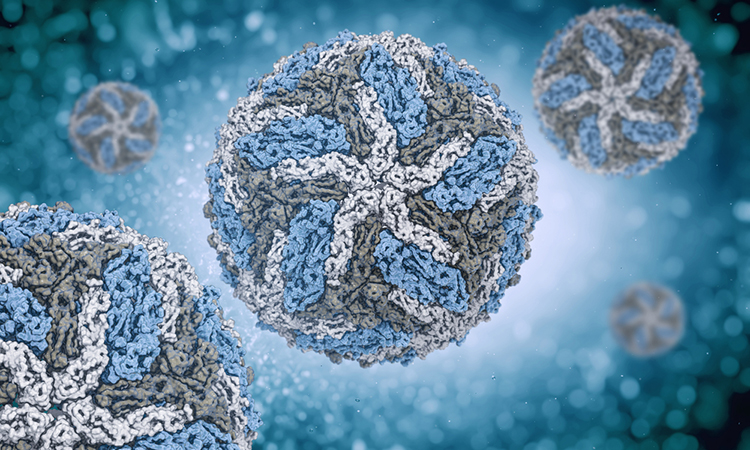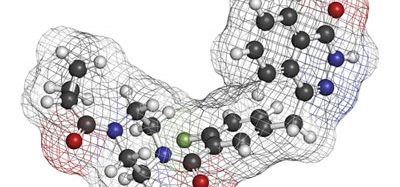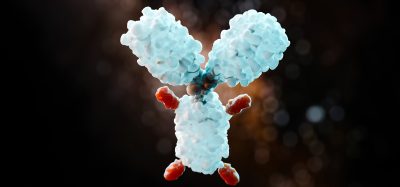Highly potent antiviral against dengue could prevent spread of virus
Posted: 18 October 2021 | Victoria Rees (Drug Target Review) | No comments yet
A new antiviral has shown promise against the dengue virus in mice and has the potential to be used as a preventative measure.


Researchers at the KU Leuven Rega Institute, the Netherlands, and the Centre for Drug Design and Discovery (CD3) have developed an ultrapotent inhibitor and potential vaccine of the dengue virus.
According to the researchers, who collaborated closely with Janssen Pharmaceuticals, the antiviral molecule is exceptionally effective against all known dengue variants and could be used for therapeutic and prevention purposes. No antiviral drugs are currently available to prevent or treat dengue.
First, the team examined many thousands of molecules in a compound library of CD3 to find one or more molecules that inhibit the virus in lab-grown cells. As soon as they were able to identify such molecules, the medicinal chemists at CD3 started to work on them. They created many versions of the molecules to boost their efficacy against the virus, undertaking over 2,000 steps to optimise their final molecule.
“We demonstrated that our inhibitor prevents the interaction between two viral proteins that are part of a kind of copier for the genetic material of the virus. If this interaction is blocked, the virus can no longer copy its genetic material. As a result, no new virus particles are produced,” explained Professor Johan Neyts of the Rega Institute at KU Leuven.
The researchers tested the inhibitor in mice and found that it could also be used for prevention purposes, as outlined in their study published in Nature.
“Even a low dose of the drug administered via the oral route proved to be very effective. What is more, the treatment is still effective when the infection is already at its peak. In these cases, the number of virus particles in the blood dropped drastically within 24 hours after the start of the treatment. This goes to show how extremely potent the antiviral drug is,” said Suzanne Kaptein at KU Leuven.
“Potent and safe dengue drugs that can be easily taken as tablets could offer anyone effective protection for a certain period of time. Think of people living in areas with an ongoing dengue outbreak, for instance: they could take a dengue drug for a couple of days or weeks. The tablets could also protect travellers or NGO workers during their stay in high-risk regions,” said Neyts.
The antiviral drug will now be developed in an easy-to-administer formulation that can be optimised for the treatment and prevention of the disease in dengue-endemic tropical and subtropical regions.
Related topics
Drug Development, Drug Discovery, Hit-to-Lead, In Vivo, Lead Generation, Screening, Vaccine
Related conditions
Dengue virus
Related organisations
Centre for Drug Design and Discovery (CD3), Janssen Pharmaceuticals, KU Leuven Rega Institute
Related people
Professor Johan Neyts, Suzanne Kaptein








